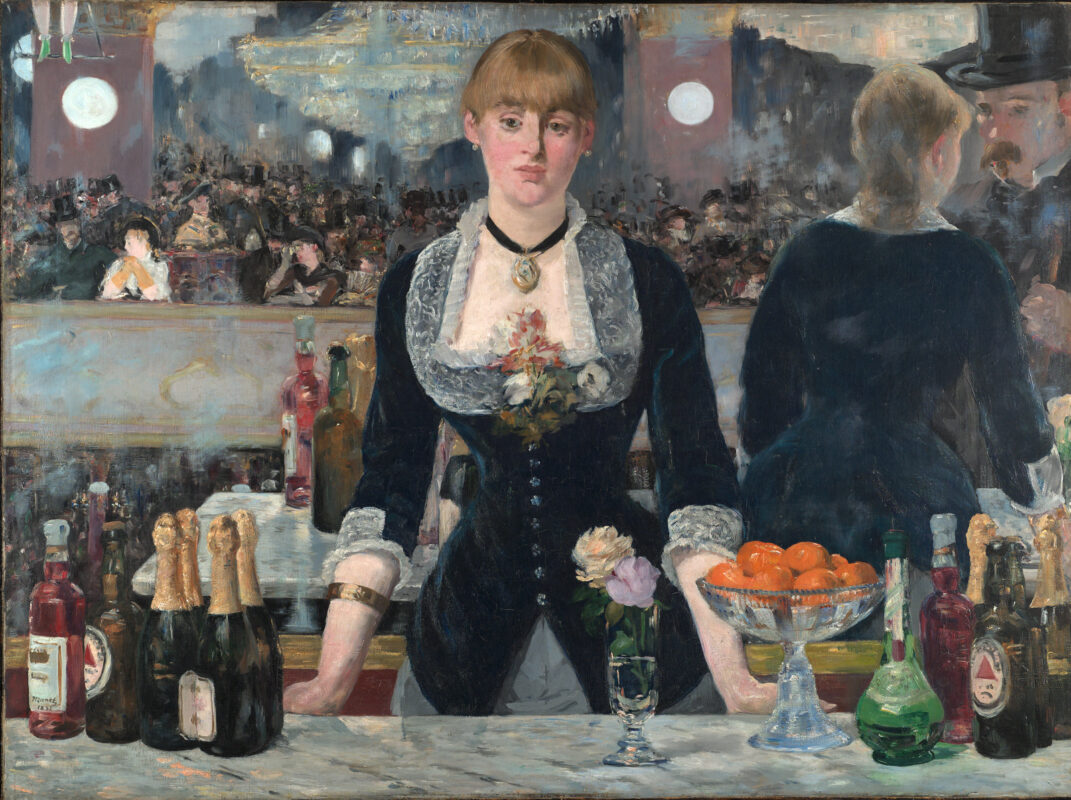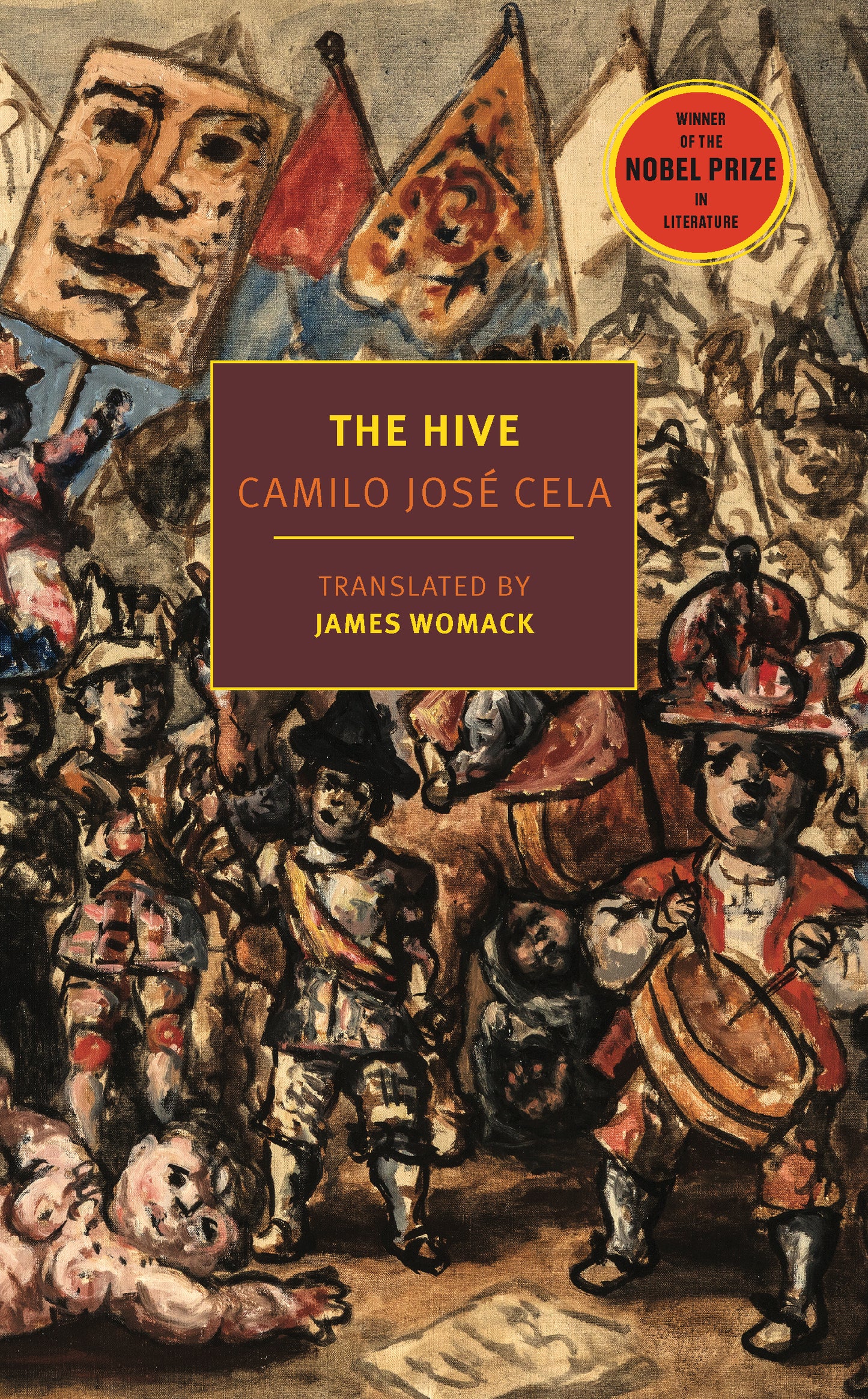I'm actually supposed to be heading over to the gym, though I don't feel 100%. I'll probably cut the routine a bit short, but I think I will feel some accomplishment if I actually do go. I did go swimming yesterday, and that helped me feel that I had been somewhat productive.
Anyway, I made far more progress on The Heptameron than I really expected when coming back from Baltimore, since I ended up getting caught up in the Crowdstrike-induced global IT meltdown and ultimately took the Greyhound from Atlanta to Detroit and then a Flixbus from Detroit to Toronto. It ended up being something like an epic 26 hour journey, which I am still recovering from. I will definitely write more about this at some point. I actually slept a fair bit on the bus, and I generally didn't feel like putting on the reading light when people around me were asleep. Then on the last leg from London to Toronto, I ended up in a bit of a discussion with a young woman going to school at Western. She was taking the bus all the way to Ottawa! I might not quite have finished the The Heptameron had I just pressed on with the reading, but I would have been close. As it stands, I have just over 100 pages to go, so I definitely should wrap it up today or tomorrow. The Heptameron is intentionally a French version of Boccaccio's The Decameron, though they only got to about 70 stories. I would say there is a much wider streak of cruelty running through these stories and even more effort to keep women in their place. It started out being interesting that there was a lot more internal discussion about the stories (compared to The Decameron) but there is always this very cynical man (Hircan) going on about the unworthiness of women and monks, and it gets old. I'm not sorry I read it, but The Decameron is just so much better.
On that same trip before the meltdown, I finished Fante's West of Rome. I didn't like it, though for very different reasons than why I disliked his Bandini Quartet. The main novella is about adopting a fairly stupid dog, though it is more a meditation on Fante's largely failed career as a writer in Hollywood and his strained relations with his children. In particular, he agonizes on the fact that one of his sons seems to have "jungle fever" and almost exclusively dates Black women. The comments the narrator makes about biracial children are pretty inexcusable, and there was no coming back from that for me. I also finished up Nathan Whitlock's Lump while in the Baltimore and Atlanta airports. There are a few parallels with Carol Shields' work, though I was distracted by the narrative voice shifting around so much (including to the perspective of a small dog at one point!). I generally don't like fiction that takes the point of view of pets, with perhaps a partial exception for Mottyl the cat in Findley's Not Wanted on the Voyage.
I have been making steady progress on Koestler's Darkness at Noon (this is a new translation based on the discovery of the complete German text of the novel, which was lost during WWII). In fact, this is the book I will be taking to the gym, and I should also wrap up this book in the next two days.
I had an unplanned trip out to Edmonton last week, and I brought Thomas's Man Gone Down along.
I made decent progress on this with roughly 100 pages to go. I might have managed to get a bit further, but I was pretty exhausted from the trip (particularly working through the night and just getting a paper in to TRB minutes before the deadline!), and I think I actually did manage to get about an hour of sleep on the plane. Mercifully, the flights from Toronto to Edmonton and back were completely uneventful. (I will say that I found the Edmonton Airport to be extremely unfriendly for vegetarians, so that wasn't great.) I thought my son would probably like this (more than I did anyway*) and I loaned it to him for a trip he's making out to cottage country with his friends. I should get this back Monday evening, and I may push through to get it done on Monday or early in the week.
So I have largely though not entirely cleared the decks. I have a note from elsewhere in the blog, that I am supposed to tackle Powell's The Golden Spur, Cela's The Hive and The Quick and The Dead by Joy Williams next. And then the last (for the moment) COVID novel, Rosenblum's These Days Are Numbered: Diary of a High-Rise Lockdown. That all seems fine, though I can't put my hands on The Hive just at the moment, which is nagging at me and will probably lead to a book hunt after I get back from the gym.
I generally do have a running pile of very short books, with Camus's The Stranger at the very top. I decided to add Edna O'Brien's August is a Wicked Month (a later novel) and Lantern Slides (stories) to this pile to mark her recent passing. Her other books, especially the Country Girls Trilogy, will just have to join the queue with everything else...
That actually reminds me that I did say I would add Howard's End to this list after watching The Inheritance over at Canadian Stage. And I would probably read A Room with a View around the same time. Incredibly, it's just something I haven't gotten to yet.
Then there have been a number of articles on the fact that this is James Baldwin's centenary year. I have read little, perhaps no Baldwin aside from a short story or essay here or there. I am leaning towards reading Go Tell It on the Mountain and then his final novel Just About My Head, which returns to Harlem.
I'll add Going to Meet the Man to my ever-growing list of short story collections to tackle (one of these days...). As it happens, I have the first two Baldwin collections from LOA (Early Stories and Essays) but I don't have Later Novels. I had basically found a copy locally, but it was sold out from under me! I took a quick look at BMV yesterday, and while I didn't expect it would turn up, now I will feel justified in ordering a copy, though I probably will have it shipped to the States and pick it up in the fall.

As an aside, from time to time, BMV gets a huge shipment of books from NYRB, and yesterday was no exception. I was perhaps a bit bummed out to see Comyns's The Juniper Tree and Cela's The Hive and Michael Heller's Telescope (Selected Poems) as these are all books that I sort of jumped through hoops to get and here they were (and without any shipping costs!). Though I guess if I can't put my hands on The Hive soon, I know where to get a new copy. At the same time, I still didn't see Chevengur by Platonov (though there is a copy of this waiting for me in North Carolina) or Sorokin's Blue Lard. On the other hand, they did have Sorokin's Telluria and Maxim Osipov's Kilometer 101, so I grabbed those.

Some days I really do feel that this is a sickness that has taken over my life (trying to read all literature worth reading), but at other times I figure I might as well let it ride. It's perhaps just a bit too hard to picture my life without literature (and theatre and the occasional foreign film). At this point, my procrastination (and not going to the gym or getting groceries) is going to cost me a bit, but perhaps I can get back on track if I leave right now. Ciao.
* I generally find the unnamed narrator to be completely obsessed with race, yet he then sets himself up for trouble by dating white almost exclusively and then marrying a white woman, whose mother hates him. I think my single biggest beef with the novel is the way that it covers 9/11 and the aftermath. While the events are a bit confusing, my understanding is that in the immediate aftermath, the narrator goes for a long jog through lower Manhattan. Aside from the fact that huge stretches were blocked off and people there for "recreational purposes" would have been generally excluded, there isn't any hint of just how horrible the air quality was for weeks and weeks, and that one was essentially breathing in the ashes of the dead, along with asbestos and who knows what else. So this was a missed opportunity, and generally it really makes me feel that Michael Thomas is a complete poseur, who was nowhere near Manhattan at that time (when the Towers fell). This may be unfair, of course, but this section of the novel completely turned me off. And as I have repeated several times in my comments about Barbara Comyns, I just don't like novels about feckless artistic types, and here is a man who has gotten deep, deep, deep into debt without any reasonable plan to get out, so it's very hard to muster up the necessary empathy for his situation to keep reading. (For instance, he and his wife insist on private education for the children when this is so clearly out of budget.) I was somewhat intrigued, however, in the way that references to T.S. Eliot were woven into the novel.

















